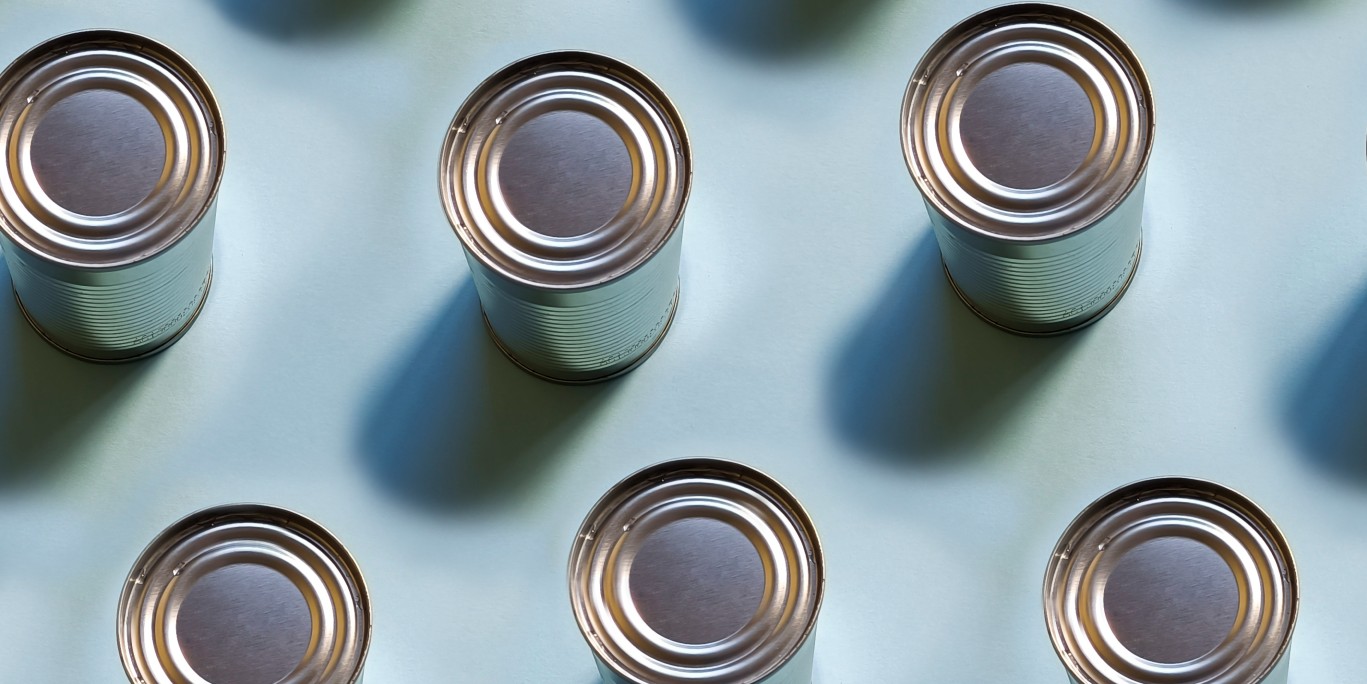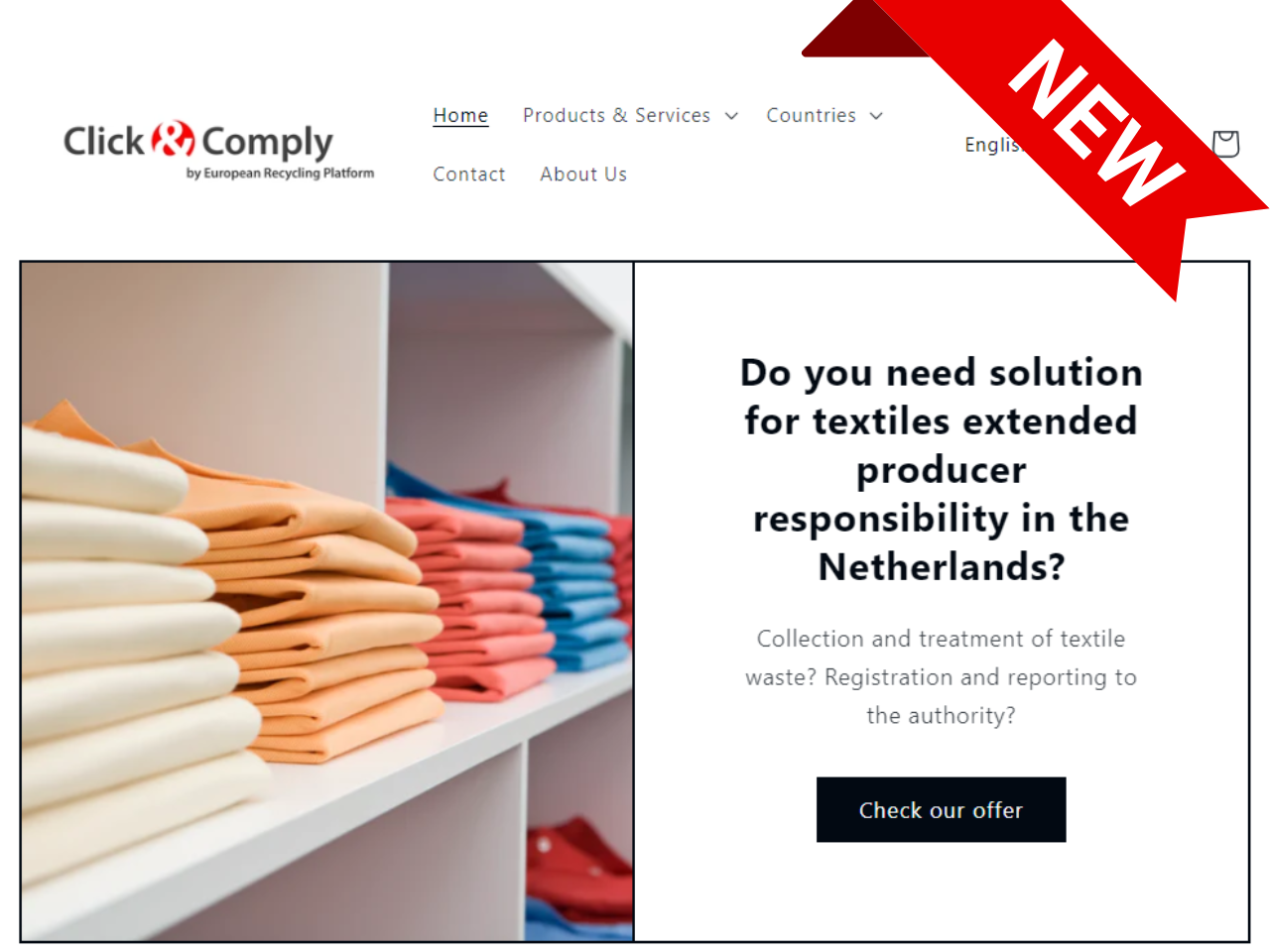What changes worldwide could have the biggest impact on the circular economy? Read our selection for you for February 2023.
Germany’s new raw materials strategy sets focus on circular economy
On 3 January, the German Federal Ministry of Economics and Climate Protection published its draft of the Federal Government’s new raw materials strategy, which aims to pave the way for a sustainable supply of raw materials in Germany.
The strategy sets three priorities:
- circular economy, resource efficiency and recycling
- diversification of raw material supply chains, and
- ensuring a fair and sustainable market framework
Particular focus is set on creating a circular economy in which raw materials are used efficiently and losses are minimised, which is seen as essential for economic growth and the achievement of climate targets.
For waste streams in which high recycling rates are already achieved – for example, glass, paper or metallic iron waste – the government plans a more stringent use of high-quality recovery routes and a further increase in recycling quality. In addition, the proportion of material kept in the loop through recycling is to be doubled from the current 13.4 % by 2030.
The following measures will be taken to strengthen the circular economy:
- introduction of digital product passports
- accelerating the development of quality standards for recyclates
- assurance of quality recyclates from recycling processes
- setting higher recycling quotas, and
- introduction of a product-specific minimum quota for the use of recyclates and secondary raw materials
England to ban more single-use plastic products
The UK Department for Environment, Food, and Rural Affairs (Defra) is planning to extend the ban on certain single-use plastic products. This move mirrors the bans that are already being applied in the EU, with one exception: products made from oxo-degradable plastics will not be banned. A corresponding legislative proposal has just been put out to public consultation.
The proposal only applies to England, although it references similar legislation to be brought forward in Scotland, Wales, and Northern Ireland.
The proposal aims to ban the placing on the market of single-use plastic products such as plates, cutlery or containers and urge businesses and customers to switch to more sustainable alternatives. Currently, single-use plastic products are among the most common items that are not disposed of correctly, causing significant damage to the environment.
The legislative initiative is part of the UK’s Environmental Plan to 2045 and is intended to complement the existing ban on single-use plastic products such as straws, cotton buds and bags.
Single-Use Plastics Tax in Italy – New Postponement
As part of the European strategy to reduce the consumption and production of single-use plastics, Italy decided to introduce a regulation to reduce the consumption and production of single-use plastics.
The Italian Budget Law of 2019 (Article 1, paragraphs 634-652, of Act No. 160 of 27 December 2019) introduced a plastic packaging tax for “MACSI”, the acronym in Italian for single-use plastics.
Consequently, a plastic packaging tax should be paid for single-use plastics which have or are intended to have the function of containing, protecting, handling, or delivering goods or foodstuff.
The tax is set at 0.45 euros/kg of virgin plastic. However, the tax, which is assessed based on quarterly returns, shall not be paid if the amount due is less than or equal to 25 euros.
The original enforcement date was July 2021. Nonetheless, after three postponements, the Italian Budget Law for 2023 has established 1st January 2024 as the new enforceable date.
New Packaging Legislation in Spain
To adapt Spanish packaging legislation to the new extended producer responsibility (EPR) regime established by the recently approved European Union regulations, Royal Decree 1055/2022 of 27 December on Packaging and Packaging Waste entered into force in December 2022. It repealed the previous packaging legislation that was in force.
Here is an overview of the main changes:
- Scope of application: Now, the EPR regime is applied not only to household packaging, but also to commercial and industrial packaging.
- E-commerce platform obligations: If packaged products from outside Spain are placed on the market through e-commerce platforms, and the producer has not appointed an authorised representative in Spain, the platform will act as the producer of the product bearing all financial, information, as well as organisational obligations.
- Compliance options: The producer’s general obligations must be fulfilled either individually or collectively through the constitution of an EPR scheme.
- Eco-modulation: In the case of collective compliance, possible criteria for modulating the financial contributions paid by producers are established for each category of similar packaging, considering the type and quantity of material used in its manufacture, its durability, whether it can be repaired, reused or recycled, the quantity of recycled materials it contains, the presence of hazardous substances, and other factors affecting the reusability and recyclability of the packaging waste.
- Deposit system: According to the Decree, a deposit, return and refund system shall be mandatorily established for reusable packaging. Additionally, if the established targets are not met for the separate collection of single-use plastic bottles, producers shall also have to establish a deposit, return and refund system within two years. This obligation shall be fulfilled via individual or collective EPR systems.
- Reuse targets: Reuse targets apply to both the hotel and catering sector and the household channel, where they have not been generally applied until now. These targets are set for beverage packaging, as well as for other household packaging; they also apply to commercial and industrial packaging.
- Packaging marking: In comparison to the previous legislation, the application of the scheme identification mark can now be done on a voluntary basis. The Decree also introduces new marking such as an indication of the reusability of packaging, the fraction or container in which the packaging must be deposited once it has become waste and, where applicable, the symbol associated with the deposit, return and refund system. Packaging can be marked with the percentage of packaging material available for quality recycling, provided that this information has been obtained through an auditable and certifiable assessment. Similarly, packaging may be marked indicating the percentage of recycled material it contains (this information must be also certified).
- Registration: To cross-check the information on packaging placed on the market and to control fraud, a packaging section was created in the Register of Product Producers. Consequently, all producers will have to register there by 29th March 2023.
Landbell Group’s regulatory tracking service provides access to the latest information on core producer requirements resulting from EPR-type legislation. Find out more about the service here.
Sign up for our monthly
report COMPASS here:
Your email











